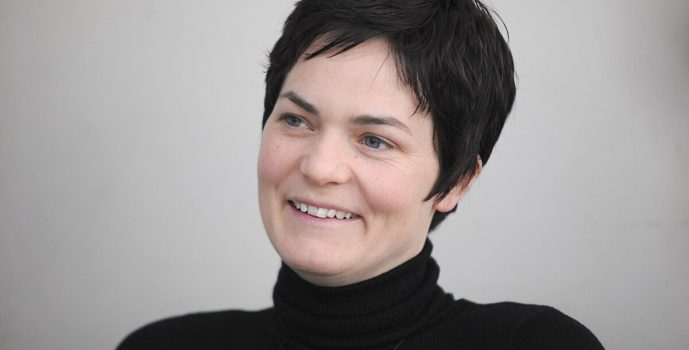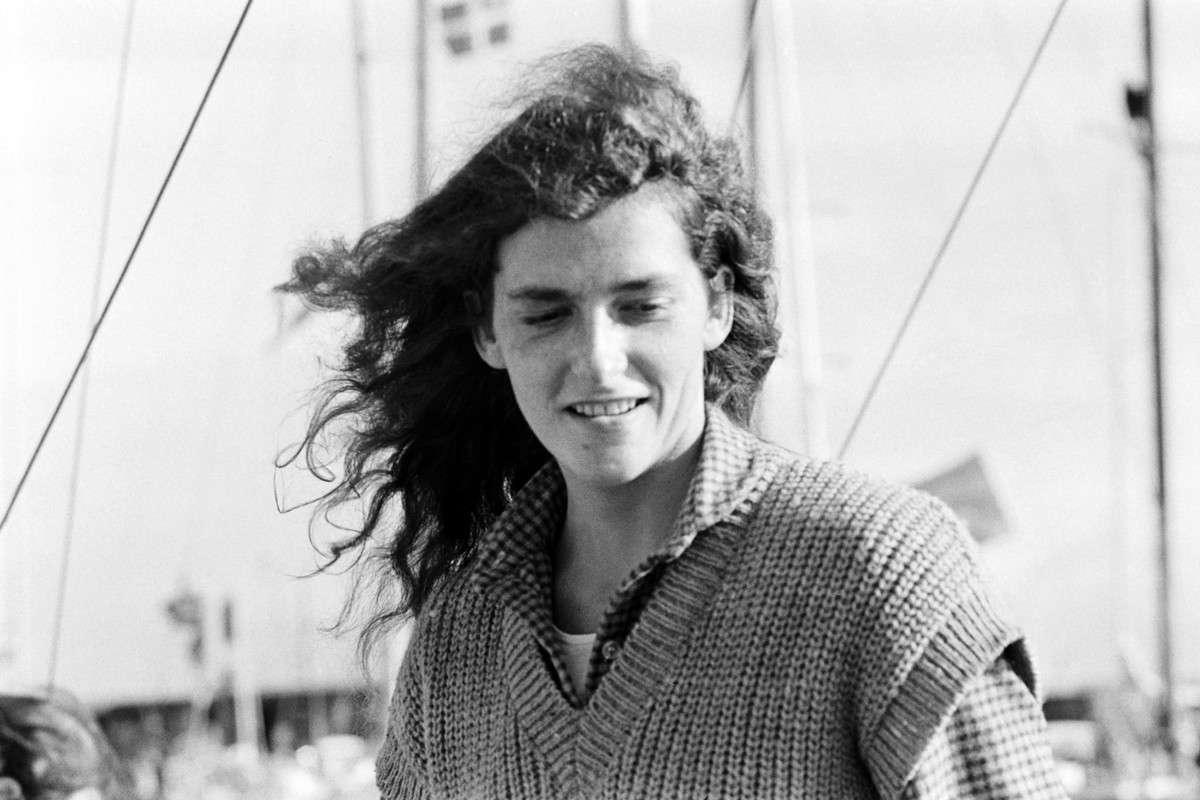Admittedly, there is an element of provocation in this title, which should be “Ocean Racing – How come women are just as good as men?”
When it comes to the “how”, I honestly don’t know. The purpose of this article is, after making some fact-based observations, to answers to this question with more questions, not to reach truth by any means, but rather to sail away the best we can from bullshit and to de-risk the investments from sponsors in the sport.
As a preamble, it is worth reminding that in ocean racing, there is not a sperate ranking between men and women. I am sure there must be exceptions, but I can’t think of any. Besides, I can’t remember of a female skipper complaining about this.
So here we go, with a non-exclusive list of facts, in chronological order:
- Florence Arthaud won the iconic Route du Rhum, the single-handed race from Brittany to Guadeloupe and did it in the ORMA class, probably the most demanding class ever designed for single handed offshore racing on multihulls.
- 1998 – Tracy Edwards, with her all-female crew on board the maxi catamaran Royal and Sun Alliance rounded Cape Horn ahead of the Trophy Jules Vernes, the non-stop round the world sailing record, and sadly broke her mast shortly afterwards.
- 2001 – Ellen Mac Arthur, after shortly pointing first on her way up into the Atlantic, finished 2nd on the Vendée Globe, the single-handed non-stop race around the world on the wicked fast, and brutal, IMOCAs
- 2005 – The same Ellen Mac Arthur nailed the single handed round the world record, at which point, the fastest sailor around the world happened to be a female, and never made a fuss about her being a woman
- 2024- Justine Metraux was the fastest woman to finish the Vendée Globe for sure, finishing 8th overall for sure. Yet, more importantly from a sporting standpoint finished 1st, that is irrespective of men or woman within the fleet of IMOCA prototypes designed for the previous edition of the race.
These are facts. One might argue that they are exceptions, and I challenge that argument from a statistical standpoint. If we look at the number of female entries vs. male entries on the major ocean racing events such as the Vendée Globe, the picture will look different as far as performances are concerned, with fairly even outcomes between men and women, in a sport which one of the most physically demanding, in terms for instance in managing loads, and the most mentally demanding for instance again from an enduring standpoint.
In her essay “Are men obsolete?”, French philosopher and journalist Laetitia Strauch – Bonart brought a few interesting elements on the table from a much wider perspective than ocean racing; insisting that the points in her essay are based on existing statistics when it comes to skills distribution between sexes. Insisting again and hoping to be heard, that in statistics, there is the notion of mean, and the notion of standard deviation, and many individuals mismatch statistics precisely because they are individuals. She insisted for instance that on average, data indicated that woman are better decision makers in critical situations when what is at stake is the long term; something which is obviously useful in round the word races. She too insisted that if we look at something as specific as hand power grip, while women were way behind men a few decades ago, both sexes are now more or less on a level playing ground; something also useful in ocean racing, where the importance of managing loads on winches for trimming, hoisting etc. is anything but anecdotical. It is mission critical.
So why aren’t there more women in ocean racing when by the look of it, there are just as good as men performance wise? Especially when observing that, for an equal place in the rankings, they generate more media attention and therefore, should be more bankable than men, for ocean racing properties and even more so for sponsors supporting their sporting ambitions.
A few years back, I was highly skeptical when Mark Turner introduced positive discrimination is some sailing events, with a quota for women. It just did not fit my classic liberal view on things. If women and men are equally good from a sporting standpoint, why on earth using positive discrimination? Just let go and let the markets do their magic to make the world a better place?
I was wrong. Because of many reasons, one of them being the latency of stereotypes, which women skippers defy yet still suffer from. It takes a long time for the wider public to figure it out. Empirical evidence speaks louder than theory, and therefore Mark was right to introduce positive discrimination, and the ocean race management is right to impose it for this coming Ocean Race 2027. Because by doing so, their bring into the circuit female sailors who short of this would never get the opportunity to race, compete and train in what is the Everest of fully crewed round the world ocean racing. And Isabelle Joschke was right to stress that the circuit needs more female representation during the press conference of Le Défi Azumut in Lorient in 2024.
Over the past two to three years, when acting as mediator and/or broker to potential partners in ocean racing, I often heard two things “this is great, but we want to win!” and/or “this is great, but we want a girl”
Tricky conundrum as from a supply standpoint, the odds to put together an optimum proposition at the optimum moment and by this, I mean that of funding decision, are slim.
Some partners will be either agile and seize the opportunity within the constraints of corporate decision making…Others will be just lucky but hey, isn’t this the case for any kind of investment?
The good news is that there is a whole host of academies emerging, whose purpose is to give a pathway for promising young talents, male or female, for training on a variety of supports with the very best in the world, and on this pathway there are bound to be common grounds between talented and ambitious female sailors and demanding, risk averse partners.
The future is brighter, yet the road is still long but perhaps not that long at all for opportunistic investors who can decipher the good stuff in a sport which has a lot of business value to offer, but very hard to understand from an outside in perspective.
Perhaps with the help of a mediator and/or broker ocean racing? 😉








